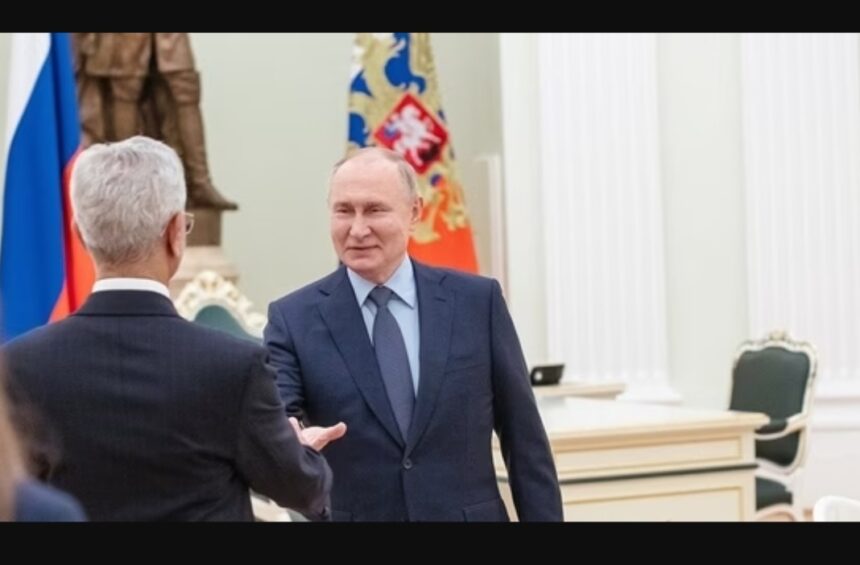During EAM Jaishankar’s visit to Russia, the two sides discussed opening northern sea routes following Houthi attacks on commercial shipping in the Red Sea.
India and Russia have decided to expand civil nuclear cooperation, with Moscow ready to share technology for a small modular reactor used for power generation, even as the two sides work to complete into phase 1 of the 6,000 MW Kudankulam Nuclear Project in Tamil. Nadu, according to people familiar with the matter. Small modular reactors – these are advanced nuclear reactors – have power production capacities ranging from 75 MW to 300 MW.
Indian Foreign Secretary S. Jaishankar today completed a five-day visit to Russia and the people quoted above said both sides are pushing for the commissioning of reactors 3 and 4 while accelerating work on reactors 5 and 6 of the Kudankulam nuclear project. This is the time when the 6,600 MW Kovvada nuclear project supported by Westinghouse and the 9,900 MW Jaitapur nuclear project supported by Areva are deadlocked due to price negotiations. Currently, only Kudankulam reactors No. 1 and No. 2 are operating, providing 2,000 MW of electricity to the country. While Jaishankar met Russian Deputy Prime Minister Denis Manturov and Foreign Minister Sergei Lavrov, he had a rare and unexpected interaction with Russian President Vladimir Putin on December 27. It is known that Prime Minister Narendra Modi expressed regret to Mr. Putin for not visiting Moscow.
For this year’s annual summit due to its commitment to the G20 summit, with assurances that the 2024 summit will take place.
Jaishankar’s visit to Russia comes as he takes over as chairman of the BRICS platform and the two countries are looking at future joint ventures on military systems along the lines of the Brahmos missile and AK-rifle projects. 203 under “Rubric Aatmanirbhar Bharat” (Autonomous India). The source mentioned above said that one of the possible joint venture areas is the production of multi-purpose helicopters Kamov 226 T.
While President Putin appreciates India’s strategic autonomy under Modi, New Delhi has tried to maintain close ties with Moscow without China entering the bilateral equation. Russia supplies nearly 65% of India’s military equipment and it is understood that both sides need to increase supplies of spare parts, which have been hit by delays due to the war between Russia and Ukraine. As three out of five S-400 surface-to-air missile systems have been transferred to India by Russia, New Delhi plans to receive an Akula-class nuclear-powered attack submarine under a long-term lease from Moscow by 2025, the agency said.
Amid attacks by Iran-backed Houthi forces on commercial ships in the Red and Arabian Seas, India is also in talks with Russia to explore the Northern Sea Route in a worst-case scenario.
One of the consequences of global warming caused by the climate crisis is that the Northern Sea Route for commercial shipping can be used for much of the year without fear of ice and frost. bad weather. When India invested in the oil and gas sector in northern Russia, it was President Putin who supplied crude oil to the country at a discount to ensure oil prices did not skyrocket due to the war in Ukraine.
For more information visit at https://happenrecently.com/zepto/?amp=1

